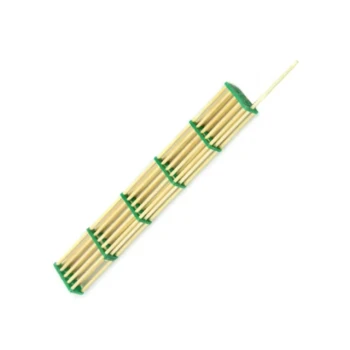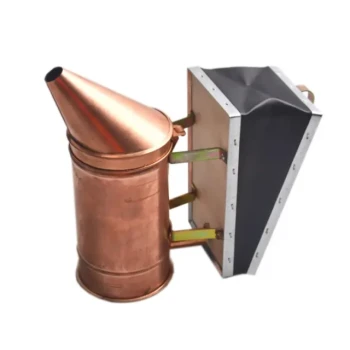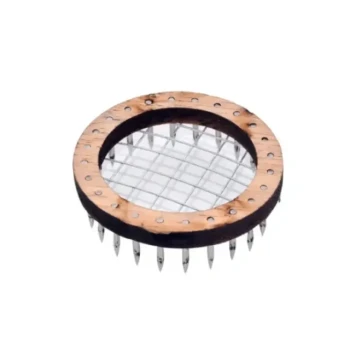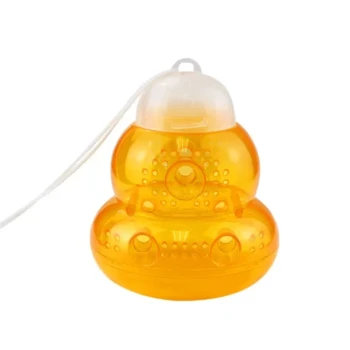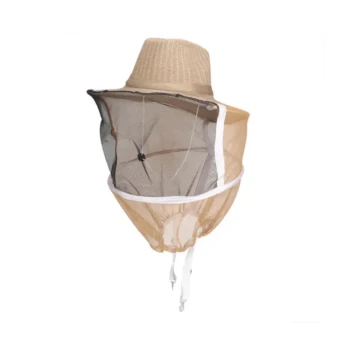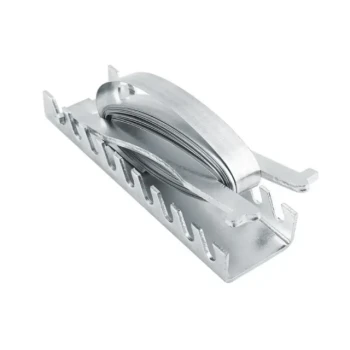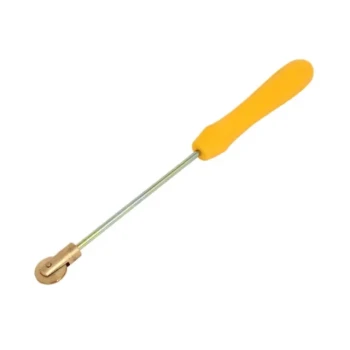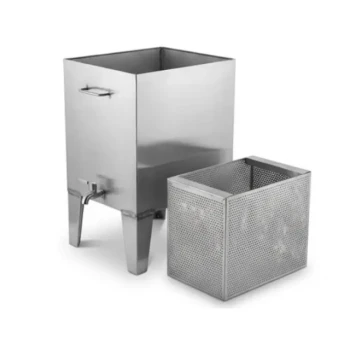Yes, in the vast majority of cases, a skilled beekeeper is profoundly good for honey bees. While honey bees can survive on their own, they often face immense pressure from parasites, disease, and food shortages. A responsible beekeeper acts as a steward, providing the shelter, healthcare, and nutritional support that allows a colony to move from mere survival to a thriving state.
The core function of a beekeeper is to manage the significant environmental and biological threats that modern honey bee colonies face. This intervention directly addresses challenges like starvation and disease, dramatically increasing a colony's chance of long-term health and success.
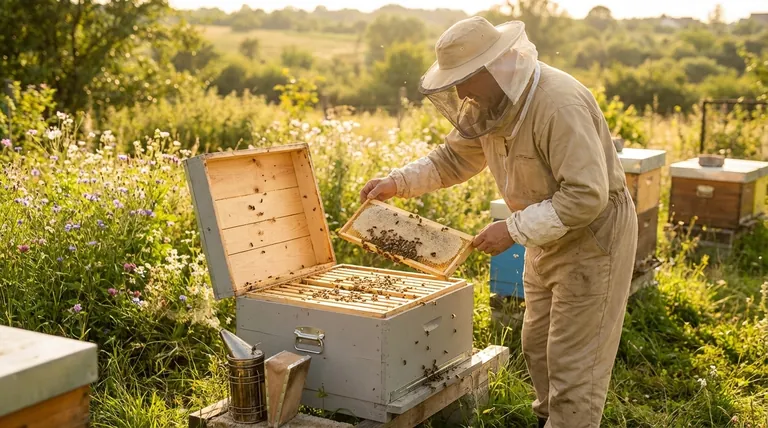
The Beekeeper's Role: A Steward of the Colony
A beekeeper's work goes far beyond simply harvesting honey. It is a year-round commitment to managing the complex needs of the hive and ensuring its resilience against numerous threats.
Providing Shelter and a Stable Home
The most fundamental support a beekeeper provides is a well-maintained hive. This structure serves as a defense against predators and a shield from the elements, offering a secure location for the queen to lay eggs and for the colony to store its food resources.
Managing Health and Disease
Wild colonies are extremely vulnerable to collapse from pests and illnesses. Beekeepers act as the colony's healthcare provider, actively monitoring for threats that can devastate a hive.
This includes managing infestations from parasites like the Varroa mite, a primary driver of colony losses worldwide, and protecting the bees from various bacterial and fungal diseases. This proactive management is one of the most critical services a beekeeper offers.
Ensuring Consistent Nutrition
Bees can easily starve during periods when natural nectar sources are unavailable. A beekeeper mitigates this risk through supplemental feeding during two critical windows.
The first is when a new colony is being established and has not yet foraged enough food to be self-sufficient. The second is during the late fall and winter months, when cold weather prevents bees from foraging and their stored honey may be insufficient.
Understanding the Trade-offs
While beekeeping is beneficial, it's important to understand the context of this relationship. It is a form of animal husbandry, and with any intervention comes a set of trade-offs.
Managed vs. Wild Pollinators
Beekeeping focuses specifically on the honey bee (Apis mellifera). While this helps bolster honey bee populations, it doesn't directly address the challenges faced by thousands of species of native, wild bees, which are also critical pollinators.
The Nature of Intervention
The relationship between a beekeeper and their bees is symbiotic, but it does create dependency. The bees rely on the beekeeper for disease management and sometimes food, while the beekeeper benefits from honey production and pollination services. This is a managed agricultural system, not a wild ecosystem.
Making the Right Choice for Your Goal
Understanding the role of beekeepers helps clarify how to best support bees and pollinators based on your specific intentions.
- If your primary focus is supporting honey bee populations: Responsible beekeeping is a direct and highly effective method for ensuring the health and survival of managed honey bee colonies.
- If your primary focus is supporting overall pollinator diversity: Planting native, pesticide-free flowers and providing habitats for wild bees are crucial actions that complement the work of beekeepers.
- If your primary focus is making an informed consumer choice: Purchasing honey from local, small-scale beekeepers helps support individuals who are directly invested in the long-term health of their hives.
Ultimately, a dedicated beekeeper provides a powerful defense for honey bees against the modern challenges that threaten their existence.
Summary Table:
| Beekeeper's Role | Key Benefit for Honey Bees |
|---|---|
| Shelter & Hive Management | Provides a stable, secure home protected from predators and weather. |
| Health & Disease Control | Actively manages threats like Varroa mites and bacterial/fungal diseases. |
| Nutritional Support | Prevents starvation with supplemental feeding during critical periods. |
| Proactive Monitoring | Ensures early detection of problems, increasing long-term colony success. |
Equip Your Apiary for Success with HONESTBEE
As this article explains, a beekeeper's skilled intervention is crucial for colony health. For commercial apiaries and beekeeping equipment distributors, having the right, high-quality supplies is the foundation of that success.
HONESTBEE supplies the essential beekeeping supplies and equipment you need to effectively manage hive health, nutrition, and productivity through our wholesale-focused operations. From durable hives and protective gear to mite treatments and feeding systems, we help you build resilient, thriving colonies.
Ready to strengthen your beekeeping operation? Contact our wholesale team today to discuss your equipment needs and how we can support your business's growth and the health of your bees.
Visual Guide
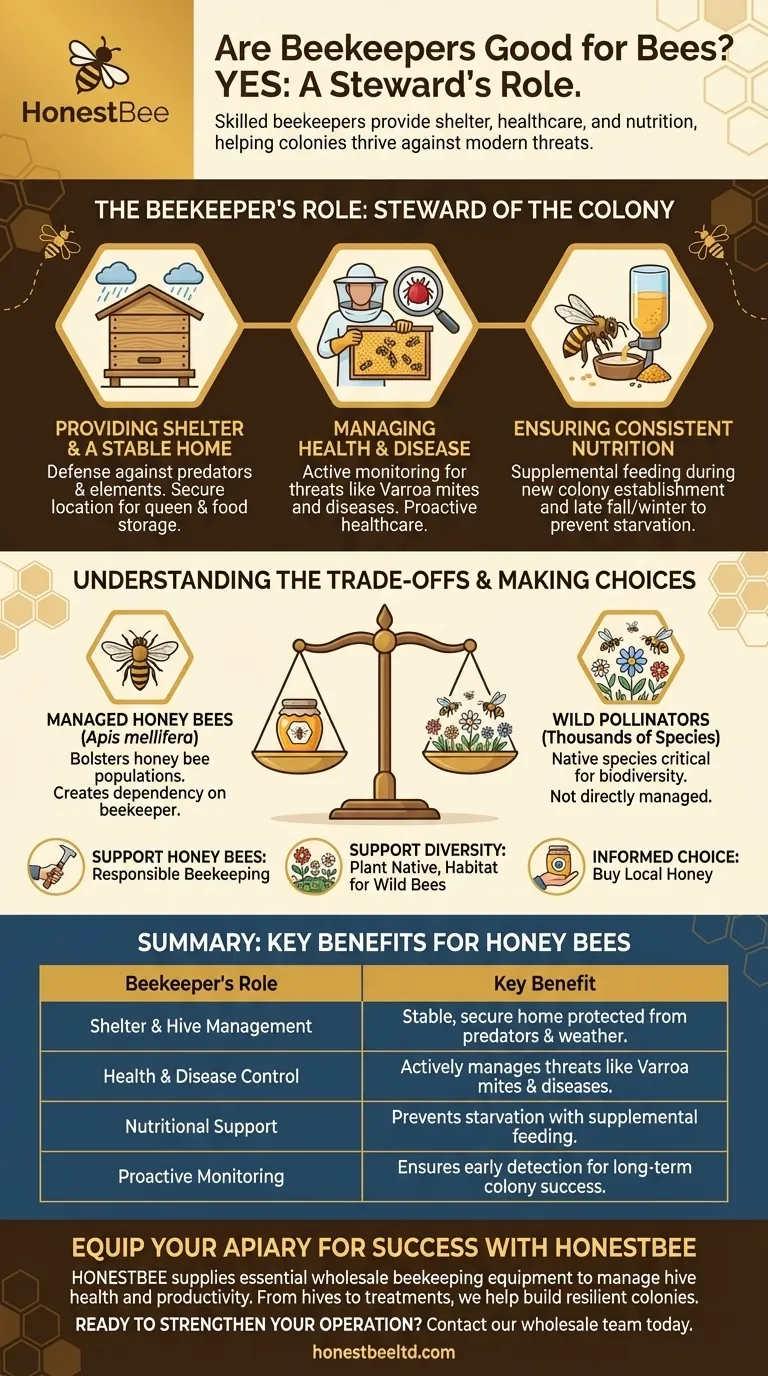
Related Products
- Professional Galvanized Hive Strap with Secure Locking Buckle for Beekeeping
- Professional Bamboo Queen Isolation Cage
- Professional Engraved Round Hive Number Tags for Beekeeping
- Black Plastic Beetle Barn Hive Beetle Trap for Beehives
- Beehive Entrance Discs Plastic Bee Entrance Disc for Bee Hives
People Also Ask
- Why are hive straps important for beekeepers? Secure Your Hives Against Wind, Predators & Transport
- What are hive straps and why are they used? Secure Your Hives Against Wind, Predators, and Transport
- How should a cam buckle strap be installed for optimal performance? Master the Leverage for Maximum Tension
- What is the proper method for installing a cam buckle strap on a beehive? Secure Your Hives for Maximum Stability
- What are the types of Emlocks available? Choose the Right Strap for Hive Security

